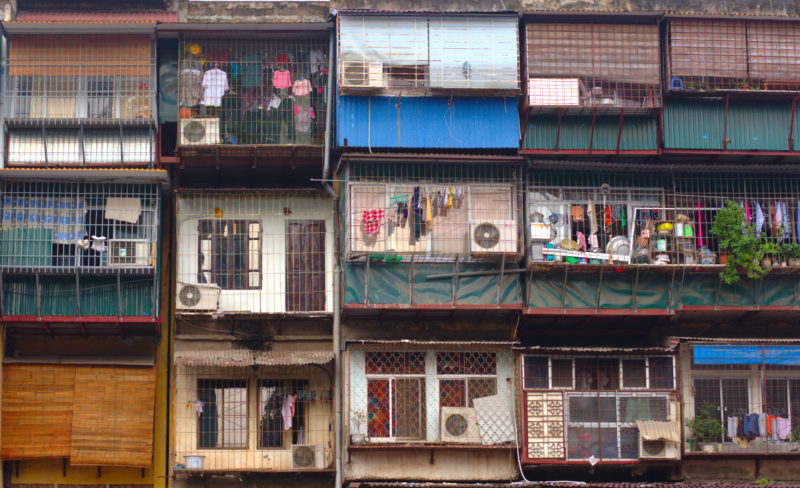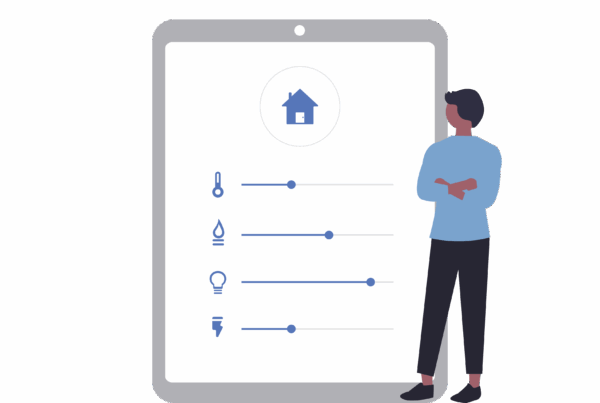
Technology that helps improve the standard of living is called Appropriate Technology and it’s goal to increase the standard of living for the developing world without condescension, complication or environmental damage. Typical inventions are more labour intensive, require fewer resources, and use low cost or readily available materials where possible. This post will look at 8 types of tech that are improving the developing world right now.
Computers
There is no doubt that in this technological era, computer skills are essential to development (economically and educationally). Since 2007 companies have been working hard to enable this for developing countries. One Laptop One Child is an example of a company that has done this. Another American based company released a $79 PC in 2016 that was made specifically for this issue. This is the equivalent to R1000, which to most poor households in South Africa is a lot of money. That’s the problem with the computers. As much as they can enable so many, it’s just still too expensive. However, when we look at smartphone technology, we have a solution. In India, over 1 billion people are mobile users. Why use a PC to connect to the Internet when we hold it in our hands?
Renewable Energy
Most developing countries have ideal climates for renewable energy. Renewable energy is often seen as a costly exercise by critics, but this view changed in 2015 when investment in renewable energy for developing countries spiked. With their abundant solar, wind, geothermal and biomass resources, developing countries are able to manufacture the systems that harness these sources of energy. In rural areas, the classic electricity grid systems are often not economical. Off the grid, renewable energy sources provide a sustainable and cost-effective solution. Kenya is the world leader in the number of solar power systems installed per capita.
Housing
Urbanisation in developing nations can lead to economic, cultural and political benefits. However, it has been proven to lead to slums due to unemployment and lack of skills. 330 million households globally live in sub-standard housing, 200 million of these are in the developing world. What’s more troubling, is that these numbers are growing. A solution to this problem is making the construction of housing more efficient. Innovations such as the Hyper-Wattle house brings the cost to build a house under $300.
Farming
Farming challenges facing developing countries include lack of support for agricultural research and limited access to expertise. With this in mind, bringing innovative technologies to developing nations has proven to be rather difficult. However, a few projects are underway to find solutions to issues facing developing nations. The Hybrid Wheat for Food Security project aims to establish wheat hybrid testing that uses a non-GMO system. There are also many projects underway to combat diseases in rice and the fruit fly problem.
Food Storage
Up to 40% of food in the developing world is wasted before it even reaches the market. Lack of access to cold chain technology and reliable energy sources are major reasons behind food perishing at harvest. It is estimated that a quarter of this waste could be saved with just refrigeration. Clean technology, powered by renewable energy, could allow developing countries to leapfrog the west’s largely fossil-fuel powered cold chain system. However, the lack of corporate and developed world support has lead to innovations such as Promethean Power Systems which uses solar energy to cool milk.
Water
900 million people in the world do not have access to clean drinking water. Whilst there is a danger from poor infrastructure in urban areas, rural areas are the most affected by this water crisis. The most practical solution is to provide technology for cleaning and treating water at a household level. The Lifestraw is a straw that makes contaminated water safe to drink. You can even get your own one from Yuppiechef. Even in our own country, Cape Town is experiencing it’s worse drought. A company called I-Drop is a water solutions company which aim is to provide better access to clean drinking water and cut down single-use plastic bottles.
Medical Supplies
There can be no economic growth without healthy people and no real growth in technology with unhealthy populations. Unfortunately, factors like government mistrust, lack of reliable power and poor infrastructure get in the way of modern innovation. Groups like Design that Matters have tried tackling issues like these by reforming their problem-solving approach. Concerned about high infant mortality rates, the non-profit agency noticed the uselessness of donated, high-tech baby incubators in developing countries that didn’t have the technology or knowledge or parts to maintain them.
After some thought, a group of RISD grads designed an incubator made of car parts, which are locally-available in developing countries, allowing for easy upkeep and durability.
Cooking
Nearly 3 billion people in the developing world still use fossil fuels to cook in their homes. Increasing efforts to give access to clean and modern cooking fuels is incredibly important. For the last four years, an international effort led by the Global Alliance for Clean Cookstoves, with participation from the World Bank and other international organizations, has been working to help 100 million households worldwide adopt clean and efficient cooking solutions. The partnership is focusing on private sector capacity building, fostering enabling markets, policy change and addressing barriers by region and segment.



